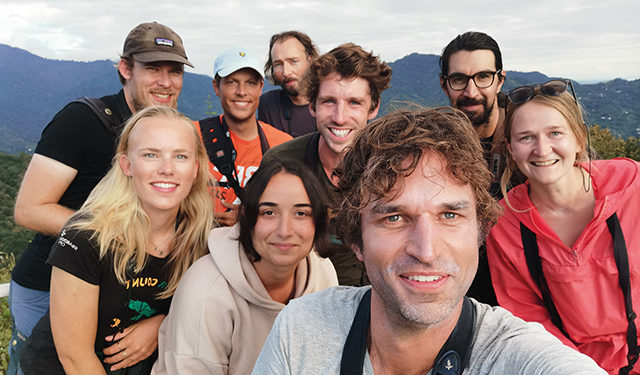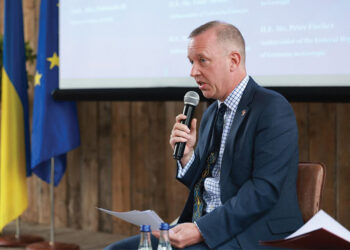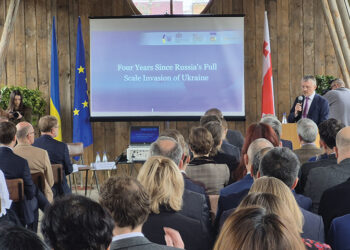Batumi Raptor Count (BRC), is a nature conservation NGO that works to monitor and conserve the 1,000,000+ birds of prey that migrate every autumn through the “Batumi Bottleneck.” A young and forward thinking organization, BRC has been operating from the Black Sea city of Batumi, in the Republic of Georgia, since 2008 when it has started the raptor-migration count covering the full autumn season.
Although originally created as a monitoring organization, after realizing the scale of the hunting pressures that migratory birds face in the region, BRC’s mission has now expanded to that of a conservation and monitoring NGO. To find out more, GEORGIA TODAY spoke to BRC team member Mariam Shekiladze.
“Batumi Raptor Count sprang from a trip to Batumi by some Belgian birders who all traveled there to observe the spectacular raptor migration,” Shekiladze tell us. “In 2008, they organized the first full-season count of raptor migration between August and October. That resulted in the realization that many more birds of prey are actually using the Batumi Bottleneck than previously thought. Since then, annual raptor counts have taken place there, involving locals as well as over 400 volunteers from over 30 different countries.
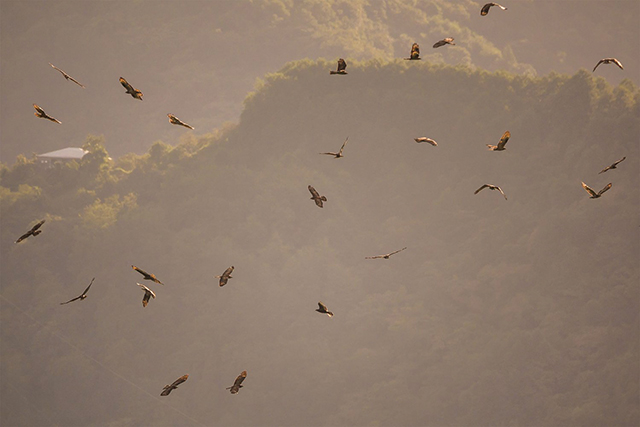
Tell us about the work and activities of Batumi Raptor Count.
The Batumi raptor migration bottleneck is the 3rd largest in the world, making it a truly unique place, something worth treasuring! BRC started primarily as a monitoring organization, but now also aims to reduce bird poaching in the region, which poses a significant threat to different bird species. We do so by promoting ecotourism in the region and providing environmental education in local schools.
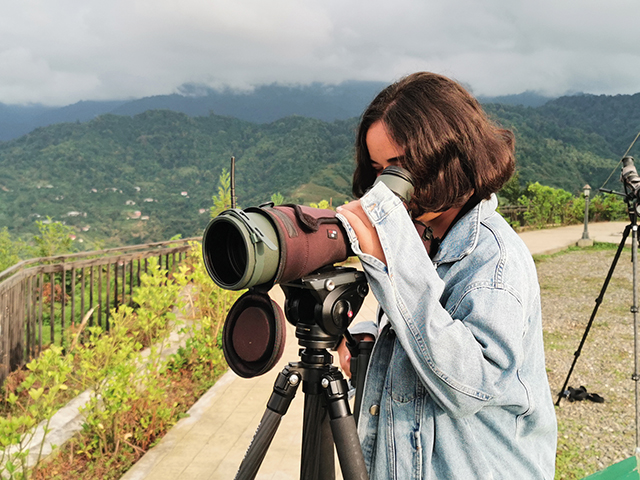
What is BRC’s main goal?
The goal of the BRC is two-fold; in addition to monitoring the species and numbers during the autumn and spring counts, BRC also works to raise awareness of the fatal consequences poaching has on biodiversity and delicate environmental areas such as the Batumi Bottleneck. Local communities and volunteers are invited to take part free of charge to encourage them to learn more about the reasons why poaching is harmful and why protecting the birds is vital for local and global communities.
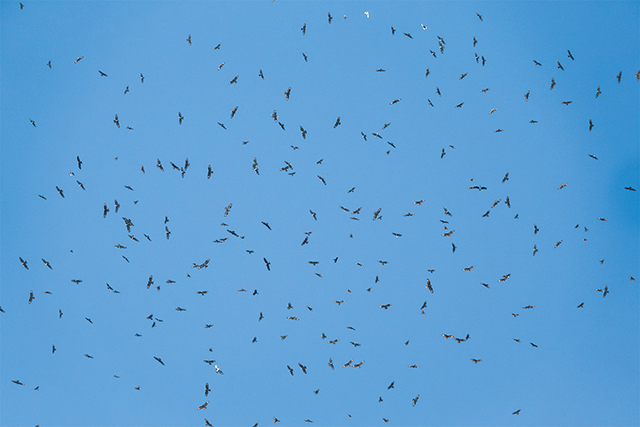
What were the results of the “autumn count report”?
The autumn count report shows some amazing results in terms of birds counted. There were quite a few record days in late August and throughout September, where astonishing numbers of birds were counted by a group of 15 volunteers spread across two stations. The total number of birds during the 2021 autumn count was an incredible 1,422,171 raptors, the best year yet since the start of our counts in 2008.
Some species are and have been doing really well for years, whereas other species are unfortunately decreasing year by year. Only by counting these birds one by one in key sites like the Batumi bBottleneck, can we tell what the populations of these important bird species are doing. By extension, they can tell us a little bit about the state of the ecosystems they come from.
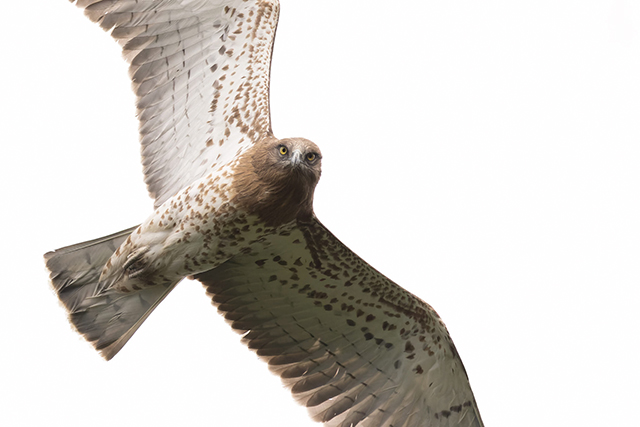
A “Spring count” is planned this year. Tell us about it.
The upcoming spring count starts on March 1 and will go on until May 26. A small yet strong, team of international volunteers will be counting every day from the station in Sakhalvasho. Nonetheless, BRC is still in need of more volunteers, especially for the periods of mid-April and May! People who are skilled at identifying raptors who are free during these periods and motivated to come help count all raptors heading north are more than welcome to join.
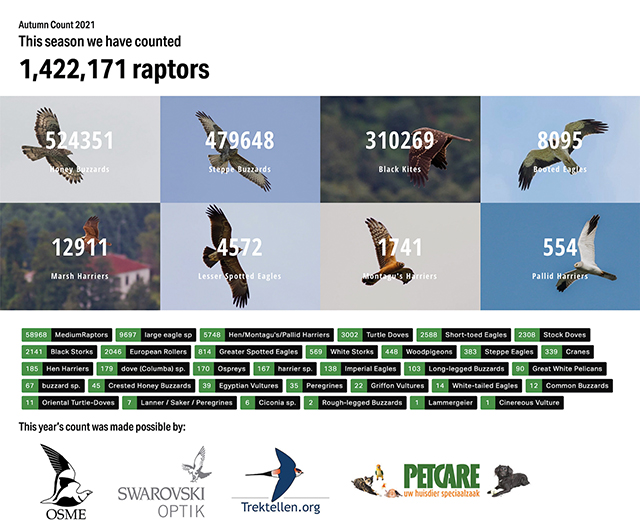
What are BRC’s future plans?
From a scientific perspective, monitoring projects become more valuable the longer they run. We’ve already been running this world-class monitoring project for over a decade, and hope to do so for many more decades to come. Hopefully, we will see the day when raptor poaching ceases to exist, and instead locals and internationals alike will visit the place to witness the beauty and spectacle of this truly unique natural phenomenon.
For donations, go to: https://www.batumiraptorcount.org/support
Interview by Mariam Mtivlishvili

